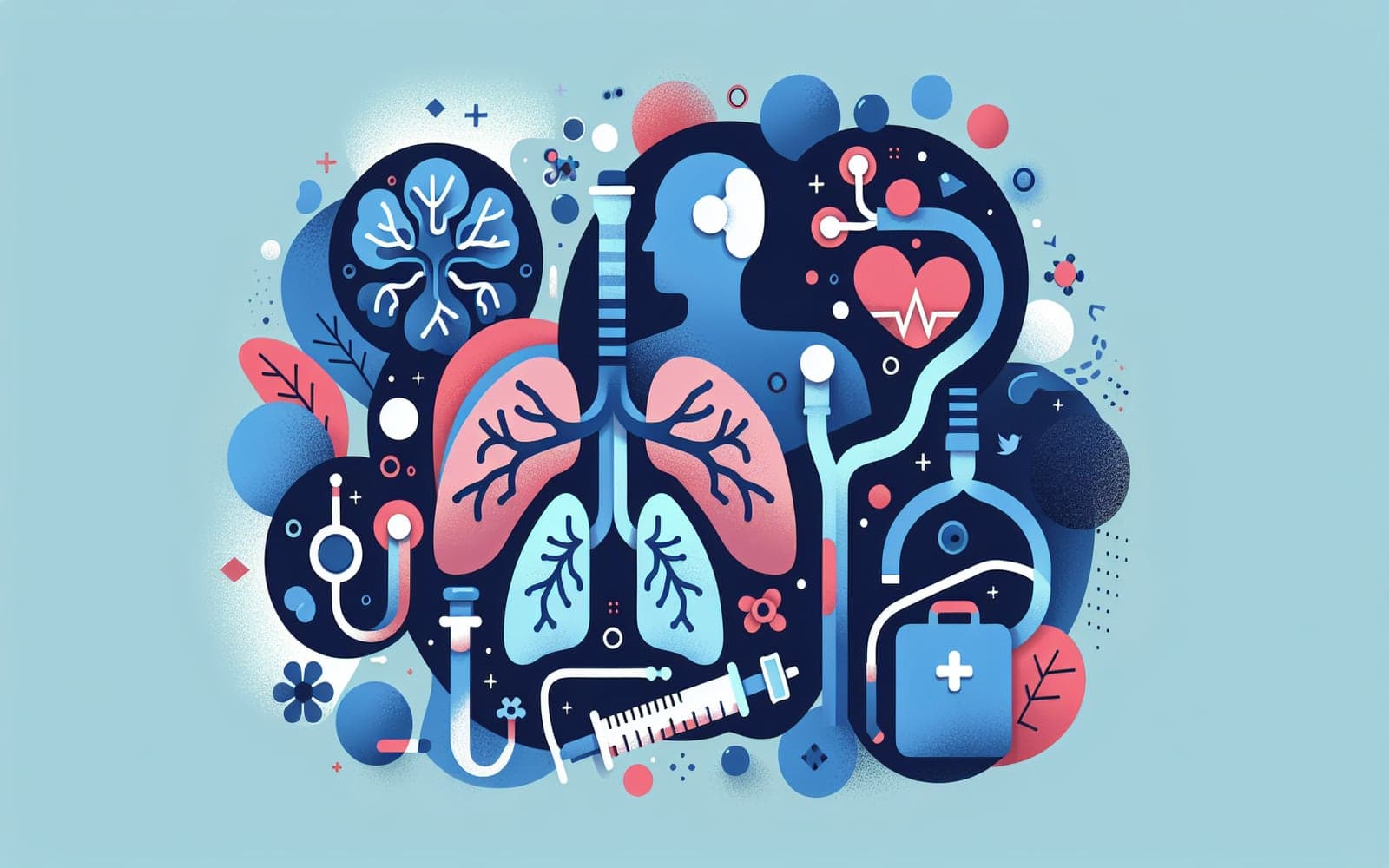Are You at Risk? Understanding the Factors Behind Aspiration Pneumonia
Published: Mar 26, 2024

Medically reviewed by Abhijit Bhattacharyya | MD, PhD, MBA, Tufts University School of Medicine - Miami, Florida on March 26th, 2024.
Aspiration pneumonia doesn't affect everyone equally. Certain factors can significantly increase your risk of developing this serious lung infection.
Contents
Age and Health Conditions
Age is a major risk factor for aspiration pneumonia, with older adults being particularly vulnerable. This is often due to age-related changes in swallowing function and overall health. Certain health conditions also increase risk, including stroke, Parkinson's disease, dementia, and other neurological disorders that affect swallowing or consciousness.
Medications and Treatments
Some medications can increase the risk of aspiration by causing drowsiness or affecting the swallowing reflex. These include sedatives, antipsychotics, and certain pain medications. Medical treatments like feeding tubes or being on a ventilator also raise the risk of aspiration pneumonia.

Lifestyle Factors
Certain lifestyle factors can contribute to increased risk. Poor dental hygiene allows harmful bacteria to grow in the mouth, which can then be aspirated into the lungs. Smoking damages the lungs' natural defense mechanisms. Excessive alcohol use can impair consciousness and the gag reflex, making aspiration more likely.
Frequently Asked Questions
Yes, but it's less common and usually related to specific incidents.
Yes, GERD can increase the risk of aspirating stomach contents.
Yes, poor oral hygiene can allow harmful bacteria to grow and be aspirated.
No, but some inherited conditions may increase risk.
Key Takeaways
Understanding your risk factors is the first step in preventing aspiration pneumonia.
Concerned about your risk for aspiration pneumonia? Reach out to Doctronic for a personalized risk assessment.Related Articles
References
Mandell LA, Niederman MS. Aspiration Pneumonia. N Engl J Med 2019; 380:651.
Marik PE. Aspiration pneumonitis and aspiration pneumonia. N Engl J Med 2001; 344:665.
This article has been reviewed for accuracy by one of the licensed medical doctors working for Doctronic. Always discuss health information with your healthcare provider.

